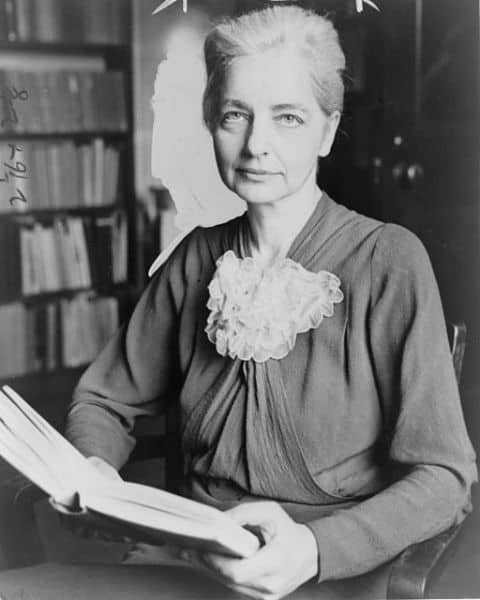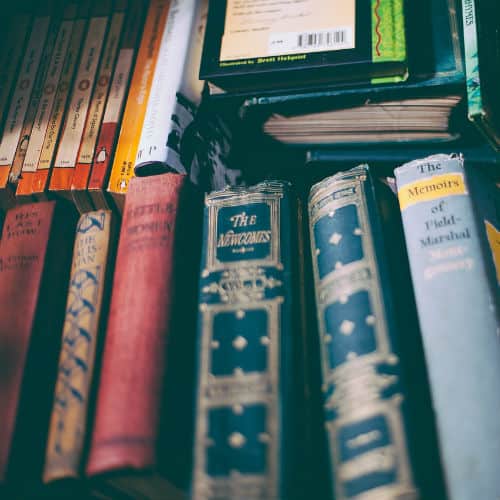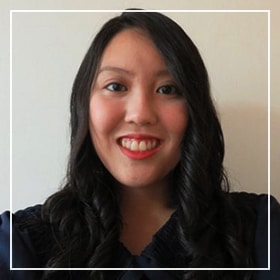Back in in 2015 Allegra published “The 30 Essential Books in Anthropology” – a list curated via a small-scale survey among junior and senior anthropologists. The list received instantly vast attention, attracting a great number of comments and becoming one of our most-read posts of the year.
We revisited the list on March 16th, 2017 as our intern Lena Pham came up with the idea to share it via our Twitter account. This was part of our ongoing plan to develop our social media presence and find ways to offer our content new visibility.
This time, quite unexpectedly, the list got into massive circulation, receiving an unparalleled response in our social media history. At our own Facebook page, the post received 300 likes. It was shared at HAU’s feed, resulting in almost 600 reactions and over 200 shares. The post’s response was also unparalleled in Twitter, multiplying our regular daily interactions.
Now the list is again our most-read post this year. We’ll wait in great anticipation to see whether it will be topped by future posts later in the year! Along with its popularity, the post received much – justified – criticism. As we also commented on our introductory words in the March 17 post,
the list is very white and male, and barely incorporates any works after the post modern turn including works by indigenous anthropologists, inter-sectionalism and feminist critiques. How could that happen, at Allegra, with our determined criticism both of the ethnocentrism of our field as well as its male dominance?! These are all questions that we’ll continue to mull over at Allegra for quite a while!
To address this criticism, we asked you, our readers, what books you thought were missing. In return we received over 70 suggestions. The book most frequently cited as missing by commenters was Beyond Nature and Culture by Philippe Descola. Other books that were mentioned by multiple commenters included Anna Tsing’s Friction: An Ethnography of Global Connection and Roy Wagner’s The Invention of Culture. Edward W. Said was also suggested multiple times.
The list also received criticism due to its focus on essential socio-cultural books, with a lack of books from fields such as archaeology, linguistic anthropology, and biological anthropology. A list of essential biological anthropology books was suggested by one of our commenters. (List included at the end of our revised list shared tomorrow).
One commentator brought up the distinction between essential and influential books. He noted that there are books that have greatly influenced the field but are not necessarily “essential” reading for anthropology in general.
As an example, Ruth Benedict’s The Chrysanthemum and the Sword (flawed as it is) is one of a few ethnographies that is more influential in the place it wrote about (Japan) than perhaps it is in the discipline today. Fei Xiaotong’s From the Soil is a key text that started much of what we recognize as anthropology in China today.

Other books mentioned included Aihwa Ong’s Flexible Citizenship for its influence on migration studies and James Scott´s Seeing like a State and Weapons of the Weak for their influence on the field of political science.
Mother Camp by Esther Newton was also highlighted, with the accompanying words “The book provided a start for entire fields of exotism at home, lesbian & queer anthropology, and has strongly influenced the wider fields of feminist and queer studies (and more).”
As the discipline of anthropology continues to change and develop, the books we deem essential should also change.
Through the comments and contribution of our readers we were able to start a discussion about this topic and reflect on the criticisms that arose. These types of interactions with our readers are important as Allegra Lab continues to grow.
Click here for the full list of Allegra’s reader suggestions!




